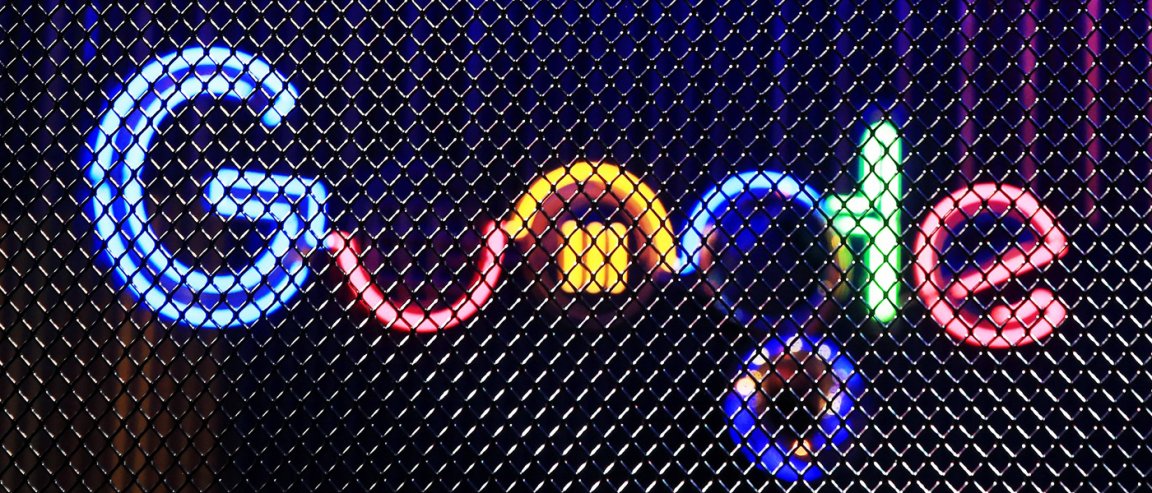
Training the Network
Today, if you ask the Google search engine on your desktop a question like “How big is the Milky Way,” you’ll no longer just get a list of links where you could find the answer — you’ll get the answer: “100,000 light years.”
While this question/answer tech may seem simple enough, it’s actually a complex development rooted in Google’s powerful deep neural networks. These networks are a form of artificial intelligence that aims to mimic how human brains work, relating together bits of information to comprehend data and predict patterns.
Google’s new search feature’s deep neural network uses sentence compression algorithms to extract relevant information from big bulks of text. Essentially, the system learned how to answer questions by repeatedly watching humans do it — more specifically, 100 PhD linguists from across the world — a process called supervised learning. After training, the system could take a large amount of data and identify the short snippet from it that answered the question at hand.

Self-Taught AI?
Training AI like this is both difficult and expensive. Google has to provide massive amounts of data for their systems as well as the human experts that the neural network can learn from.
Google and other technology companies like Facebook and Elon Musk’s OpenAI are currently working on better, more automated neural networks, the kind capable of unsupervised learning. Those networks wouldn’t need people to label data before they could learn from it; they could figure it out on their own.
If these companies are successful, a multitude of opportunities would be opened up for humankind. Advanced AI systems could quickly and accurately translate between languages, make our internet more secure, develop better medical treatments, and so much more. The data machines like that could process would change our world permanently.
Tech companies are currently still years away from discovering how to create fully autonomous AI. Nevertheless, that digital voice now answering our search engine queries puts us one step closer.